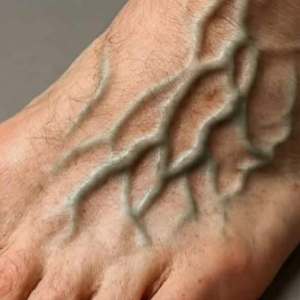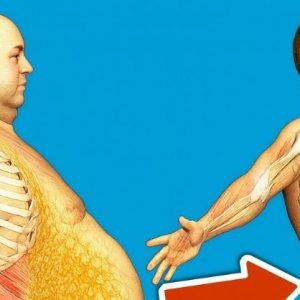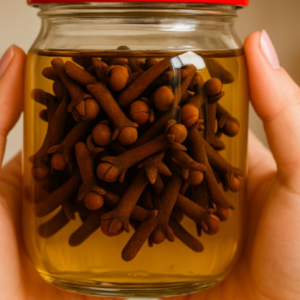
Maria Branyas Morera, a supercentenarian from Spain, lived until the remarkable age of 117 before passing away last year. Her extraordinary life spanned two world wars, 21 American presidents, and technological revolutions that transformed daily existence.
Born in the United States in 1907, Maria moved to Catalonia in 1915 and remained there for the rest of her life. Before her death, she asked doctors to study her DNA in hopes that her longevity could help others live longer, healthier lives.
That wish led researchers from the University of Barcelona and the Josep Carreras Leukaemia Research Institute to examine her genetic and biological profile. Samples from Maria’s cells revealed striking results.
Dr. Manel Esteller, the principal investigator, told The Times: “The common rule is that as we age we become sicker, but she was an exception and we wanted to understand why. For the first time, we’ve been able to separate being old from being sick.”

He added: “Maria’s parents gave her very good genes, but we cannot choose our parents. What we can do is develop drugs to reproduce the effects of good genes.”
The study showed that biologically Maria was 10 to 15 years younger than her chronological age. She maintained extremely low levels of bad cholesterol and triglycerides, alongside very high levels of good cholesterol.
Her lifestyle also played a crucial role. She exercised regularly, avoided smoking and alcohol, and maintained an active social life. One favorite food may have been particularly important: La Fageda yoghurt, a probiotic rich in inflammation-fighting bacteria, which she ate daily along with a cereal smoothie that included eight different grains.
Scientists also observed that her telomeres — the protective ends of chromosomes — were unusually short. While short telomeres are often linked to higher mortality, researchers suggested that in Maria’s case they might have limited the ability of cancer cells to grow, helping her reach such an advanced age.
“The picture that emerges from our study, although derived only from this one exceptional individual, shows that extremely advanced age and poor health are not intrinsically linked,” the research team led by epigeneticists Eloy Santos-Pujol and Aleix Noguera-Castells noted.
Dr. Esteller concluded: “The clues for extreme longevity are a mix between what we inherit from our parents and what we do in our lives. The percentage may vary, but it can be half and half.”




